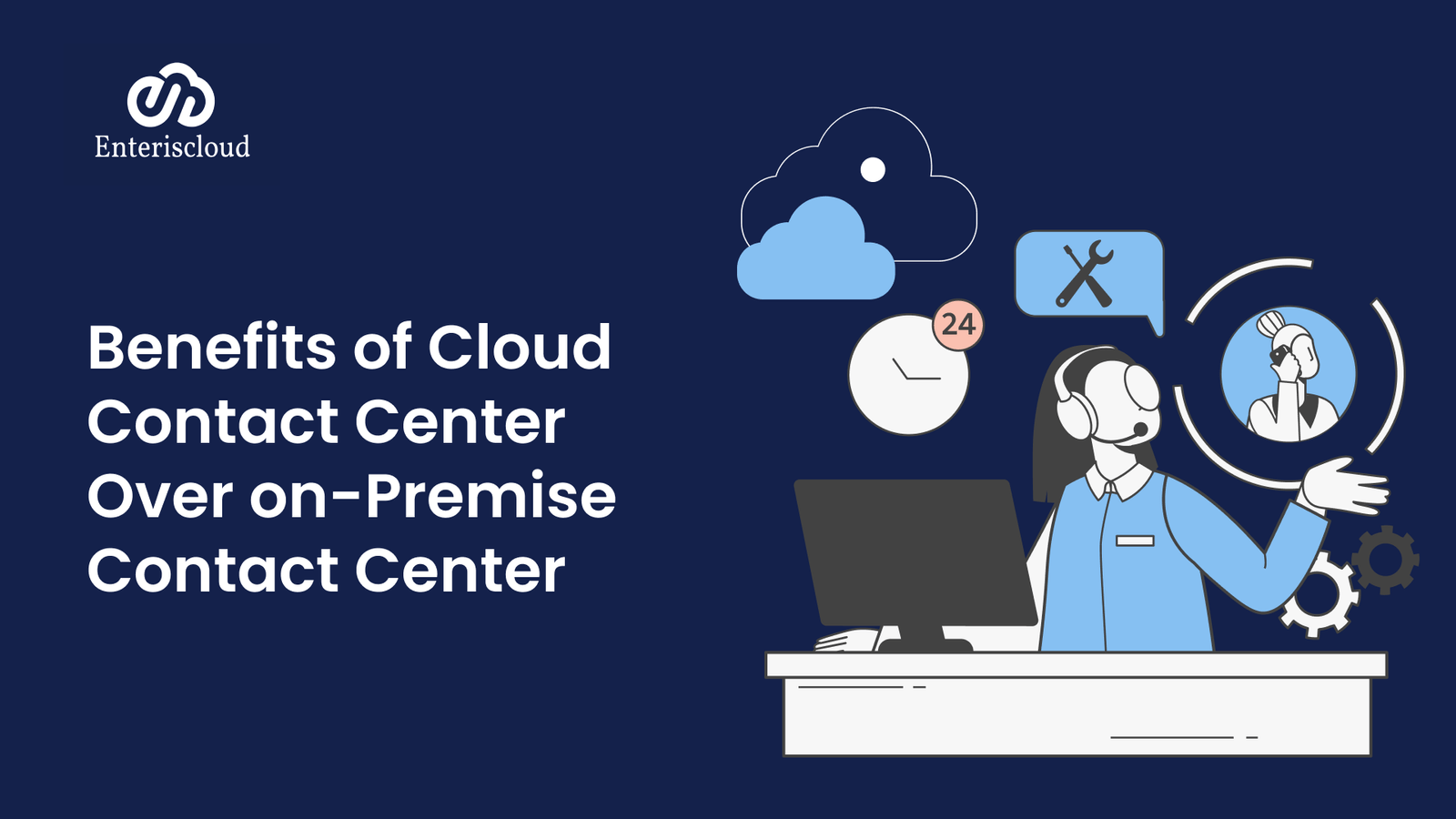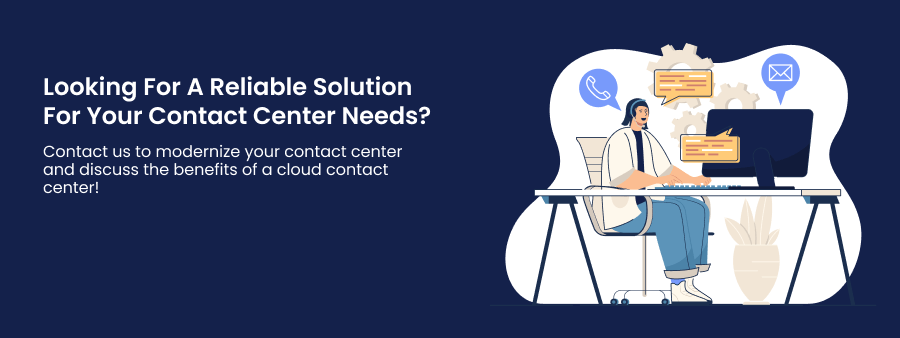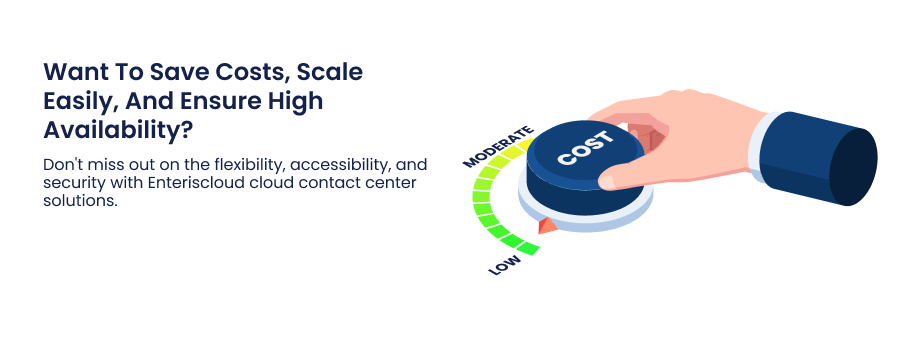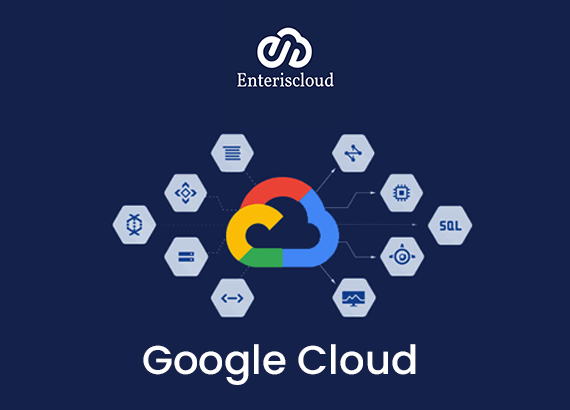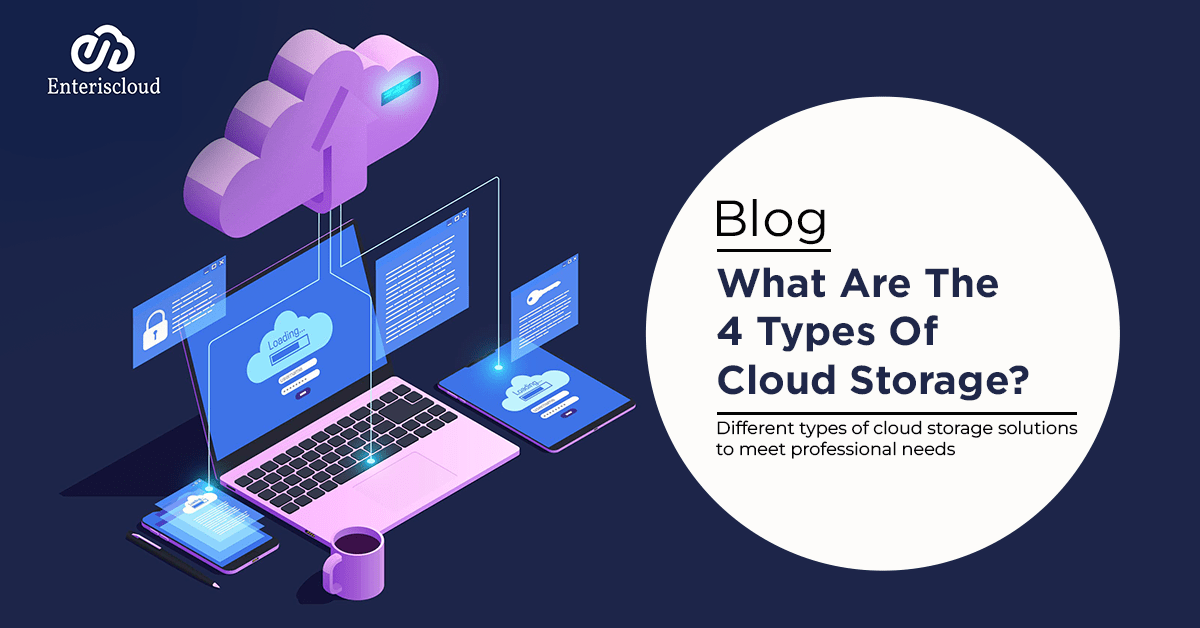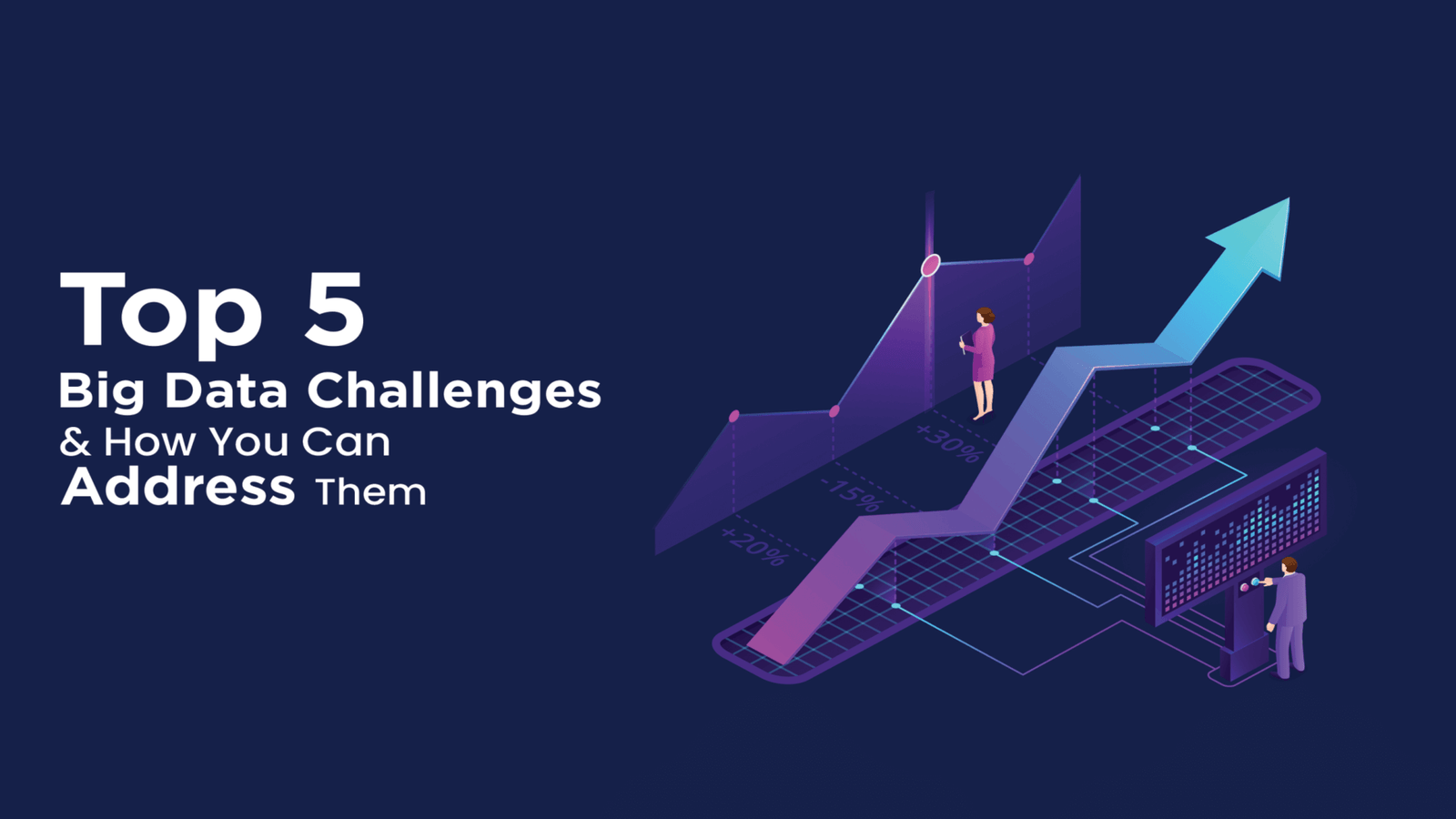As an owner or operator of a small- to medium-sized enterprise, you must ensure swift and reliable communication between personnel. Previously, most companies made use of an authoritative main phone number along with individualized extensions to contact their staff. Nevertheless, the inception of VoIP-powered phone networks during the mid-90s improved the procedure. Nowadays, cloud-based phone systems are advancing how enterprise interactions take place. In this article, we will take a look at how cloud computing technology is revolutionizing corporate communication and its advantages for every associated individual.
What is Cloud Unified Communications?
Cloud Unified Communications is a Software-as-a-Service (SaaS) that consolidates essential business telecommunications and team collaboration services into one unified system. When correctly employed, this cloud technology can significantly enhance customer service, allow for more effective management of customer relationship agents, and make operations more efficient. By combining seamless user experiences with optimized enterprise communications, unified communications systems enable people to communicate and collaborate effectively anywhere and at any time.

How do Cloud Contact Center Services help Deliver Quality Communication?
Organizations striving to enhance customer service should invest in cloud contact center services. Cloud-based contact centers unify customer interactions over various mediums, including telephone, email, text, and social media. With the ability to accommodate multiple support channels, cloud contact center solutions help businesses manage multiple support channels and enhance the productivity of their customer service agents.
Through a hub-and-spoke system, cloud contact center solutions allow agents to access the complete timeline of a customer’s journey across multiple channels. This allows agents to provide customer service and promptly address issues – or even forecast their expectations.
How can Cloud Computing Benefit your Organization’s Communication?
Cloud-deployed systems have provided an advantage to businesses of all sizes by facilitating access to cutting-edge communication technology. Small companies no longer have to break the bank for a reliable phone system.
By switching to cloud computing for their communications needs, businesses can save on IT overhead while taking advantage of its many other benefits.

Enhance Adaptability
With a cloud unified communication system, personnel has the advantage of greater freedom of movement. Since cloud solutions are available on any internet-enabled device, the need to be physically present is no longer an issue. As a result, your team is more agile and can work from any location.
Reduce Cost Expense
Choosing cloud-based communications solutions comes with great monetary savings. You will only be paying for the services tailored to your needs and staying connected to your customers. Plus, you can forget time-consuming tasks such as setting up, upgrading, and keeping your system secure, as the cloud computing model looks after all that for you.
Improved Security
Most business proprietors are unaware that VoIP hacking is a potential danger, so cybercriminals can take over your phone system and make calls on your behalf. With a reliable unified cloud computing system, you can have the assurance that your system is shielded from breaches, and you do not have to worry about any security problems.
Indestructible Scalability
For businesses with rapidly expanding needs, cloud computing offers an unprecedented level of scalability. With the ability to add more extensions as necessary, cloud communication platforms can easily handle the increased call volume.
Not only does this help avoid hardware-related downtime, but it also allows for the quick implementation of added features for increased capability.

Final Thoughts
Cloud computing unified communications hold great promise for businesses that want to increase the efficiency of their operations and workforce. As more companies worldwide establish remote workers and build global customer bases, unified communications will be in high demand to save costs and time while driving productivity for better growth.
With Cloud unified communications services, Enteriscloud can lighten your shoulders with heavy burdens. At Enteriscloud, we provide cloud-based computing solutions to help you grow your company without worrying about managing communication systems.


